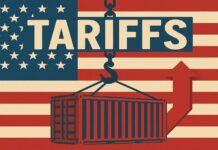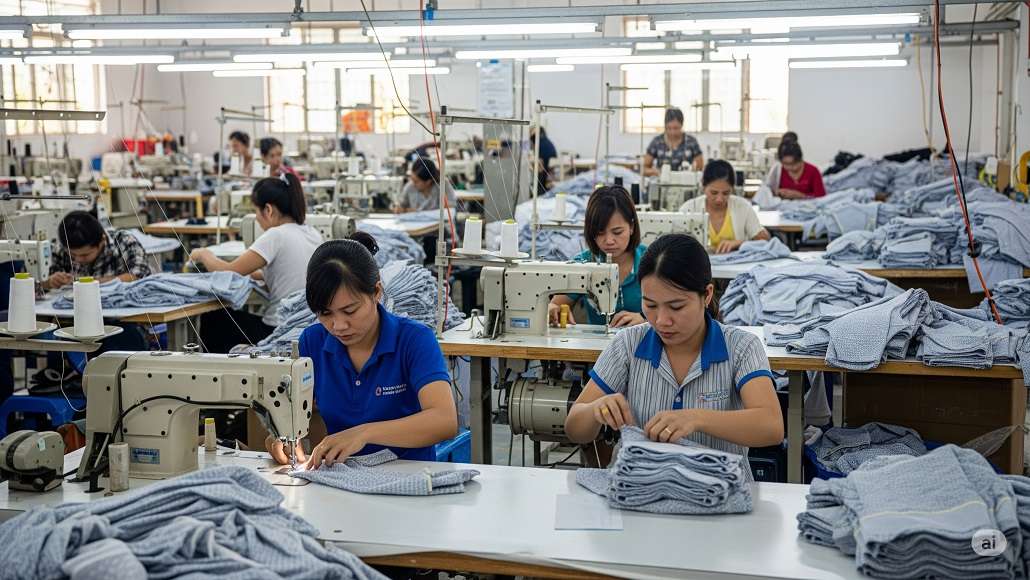A recent survey conducted by Better Factories Cambodia (BFC), in collaboration with the International Labour Organization (ILO) and the International Finance Corporation (IFC), has revealed troubling trends within Cambodia’s garment industry. The data indicates that 15% of garment factories currently lack confirmed export orders, while nearly half of the surveyed factories face operational uncertainty beyond the next three months.
The findings show that 55% of factories have secured orders for the next six months, and 30% have confirmations extending beyond that period. However, the survey primarily assessed the ramifications of economic uncertainties arising from the reciprocal tariffs announced by former U.S. President Donald Trump on April 2, which have significantly impacted the nation’s textile and garment sector.
Currently, about half of Cambodia’s garment, footwear, and travel goods industries are grappling with the fallout from these tariffs, with diminishing buyer confidence further straining the garment manufacturing sector. Performance trends from the first quarter of this year paint a mixed picture, with 42% of factories reporting no significant change in production levels. In contrast, 26% noted an increase in output, while 22% experienced a decrease. This disparity highlights varied operational conditions across the industry, although there is an overall improvement compared to the previous year.
Regarding sustainability, 44% of factories indicated they could maintain their current operational capacity for at least three months, based on existing orders and the availability of raw materials. However, the volatile environment has prompted nearly half of the responding factories to express concerns about sustaining operations beyond the next 90 days. Specifically, 40% believe they can continue for one to three months, while 8% foresee sustaining operations for less than a month.
This precariousness suggests that many companies are at risk of sudden order reductions, potentially triggered by the imposition of heavy tariffs in major export markets. The survey also revealed that over 20% of factories reported production orders being canceled by at least one buyer in the first quarter of 2025. Twelve percent of factories have lost a single buyer since the beginning of the year, while 10% faced cancellations from multiple buyers.
In terms of pricing pressures, 27% of factories reported that buyers have requested discounts for new orders in 2025, indicating a willingness among buyers to shift costs onto suppliers in a climate where new tariffs could increase their import expenses.
To mitigate uncertainties in customer orders, many factories are actively seeking to diversify their client base. According to the report, 26% of factories have successfully secured new buyers or opportunities, demonstrating a proactive approach to navigating the current challenges in the market.


































